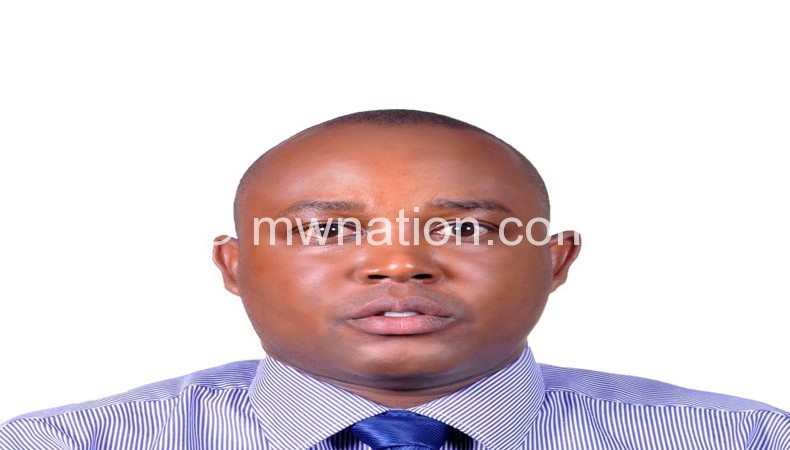In 1990, delegates from 155 countries, as well as representatives from some 150 governmental and non-governmental organisations, met in Jomtien, Thailand, for the World Conference on Education for All, and adopted the World Declaration on Education for All, which reaffirmed the notion of education as a fundamental human right and urged countries to intensify efforts to address the basic learning needs of all.

In the spirit of Jomtien, we witnessed the introduction of free primary education in Malawi in 1994, a policy directive that increased learner access to primary education nationwide. In the same year, at the World Conference on Special Needs Education in Salamanca, Spain, 92 governments and 25 international organisations reaffirmed their commitment to Education for All , recognising the necessity and urgency of providing education for children, youth and adults with special educational needs within the regular education system.
These two declarations, among others, provided the policy thrust for states and governments to ‘think’ of providing education to all learners irrespective of their bio-psychosocial distinctions. But as a country, where are we in terms of developing inclusive education systems?
The Malawi Education Sector Policy and Investment Framework, among other policy provisions, provides a domestic policy thrust for the realisation of educational inclusivity in Malawian schools. Even though the policy specifications on inclusion may not be clear on the optimal trajectory that the country needs to realise total inclusivity in education, we need to do a lot to make sure our schools are inclusive.
We need to realise that adequate financing is a requirement for optimal resource provisioning in the education sector. We cannot talk of inclusivity in education when the majority of teachers we have do not even understand what inclusion is all about. We need to orient our teachers to what inclusion in education means in addition to providing adequate financial resources for the procurement of assistive devices, adaptation of learning materials and infrastructure, among others, that would cater for the needs of learners experiencing barriers to learning within the regular educational set-up.
The thrust for inclusivity in education is the provision of education services to a diverse body of learners within the regular education system. As a country, we need to create enabling environments within the regular education system where all learners, irrespective of their bio-psychosocial characteristics, would thrive in their learning. Our learners need to be ‘culturally competent’ and that could, in part, be achieved by allowing our learners be in an environment where they could interact in their diversity.
Currently, we have ‘special schools’ for learners experiencing particular barriers to learning. But what picture are we painting when we ‘ostracise’ such learners to the so-called ‘special schools’? By confining our learners in such environments, we subscribe to the medical model of disability where we think the learner is the problem, and not the system. In the medical model, learners with any type of difference or more specific disability are singled out and the origin of the difference is looked for within the learner. This, inevitably, leads to categorisation and labelling and is the ‘breeding ground’ for discrimination.
I contend that classroom educators should be our primary resource for achieving our goal of an inclusive education system. This means that our educators need to improve their skills and knowledge and develop new ones. We need to continually assess our educators’ needs through developmental appraisals, followed by structured programmes to meet these needs. This would make a critical contribution to the realisation of inclusion in education in Malawi.
The State should, therefore, adhere to international benchmarks for ensuring increased domestic financing for education by allocating at least 6 percent of the GDP and at least 20 percent of the national budget to education. Appropriate investments in education would catalyse the country’s socio-economic development.

